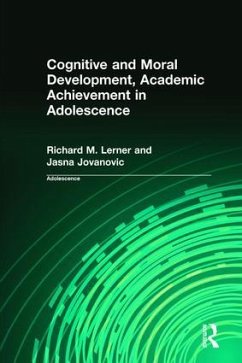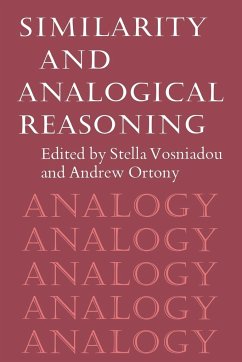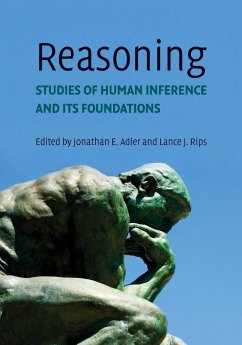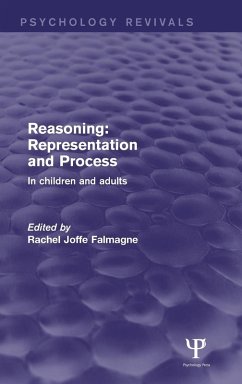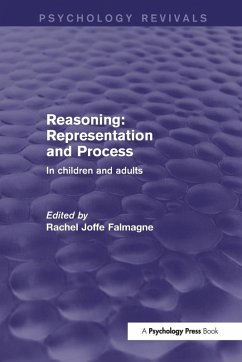Nicht lieferbar
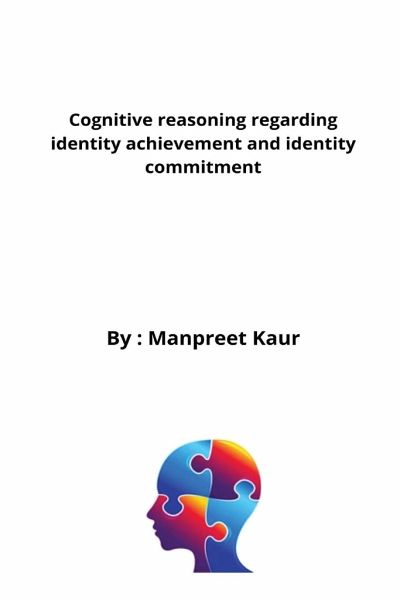
Cognitive reasoning regarding identity achievement and identity commitment
Versandkostenfrei!
Nicht lieferbar
INTRODUCTION Some of the concerns that are important for adolescents are gender roles, relationships, religion, marriage, politics, an own value system, social responsibility, work roles and independence from parents (Louw et al., 2007). Rooted in all these concerns is the need for adolescents to be able to define ¿who they are, what is important to them and what the directions are that they want to take in life¿ (Louw et al., 2007, p. 309). As social roles change and ties with parents are transformed during the period of adolescence, a coherent and committed sense of identity help adolescen...
INTRODUCTION Some of the concerns that are important for adolescents are gender roles, relationships, religion, marriage, politics, an own value system, social responsibility, work roles and independence from parents (Louw et al., 2007). Rooted in all these concerns is the need for adolescents to be able to define ¿who they are, what is important to them and what the directions are that they want to take in life¿ (Louw et al., 2007, p. 309). As social roles change and ties with parents are transformed during the period of adolescence, a coherent and committed sense of identity help adolescents by providing a personal standpoint that will help in making decisions and solving conflicts, which enable them to become more autonomous and responsible for their own lives. So knowing ¿who one is¿ and developing a clear sense of ¿self¿ are important tasks to be accomplished by adolescents. "Who am I? What are my values and goals? What is my life's purpose? What makes me different from other people?" Am I really the same person from previous years? (Schwartz, 2001, p.7). These questions proposed by Schwartz (2001) illustrate those aspects of self-knowledge which are needed to form a healthy sense of identity. He describes these aspects as forming a roadmap in the development of human that ultimately gives meaning and understanding to an individual's life. Cote (1993) similarly argues that the main function of identity is to provide a sense of direction in one's life. Both of these theorists based their ideas on Erikson¿s theory (1950, 1968), whom some consider as the father of identity conceptualization theories. He believed that individuals move in life through various stages of psycho-social development, and one needs to complete certain psychosocial tasks at each stage- identity formation being one of them in adolescence stage of development. According to Erikson (1968) forming an identity has implications for, how we feel about ourselves, and on the basis of this view point, we make decisions in our lives. For this reason, the study of the identity formation during the stage of adolescence becomes very important. The period of adolescence is considered to be very critical in the identity formation (Erikson, 1968). Even though, development of identity is said to be a lifelong journey, the experiences gained in adolescence sometimes have a lifelong effect on,




